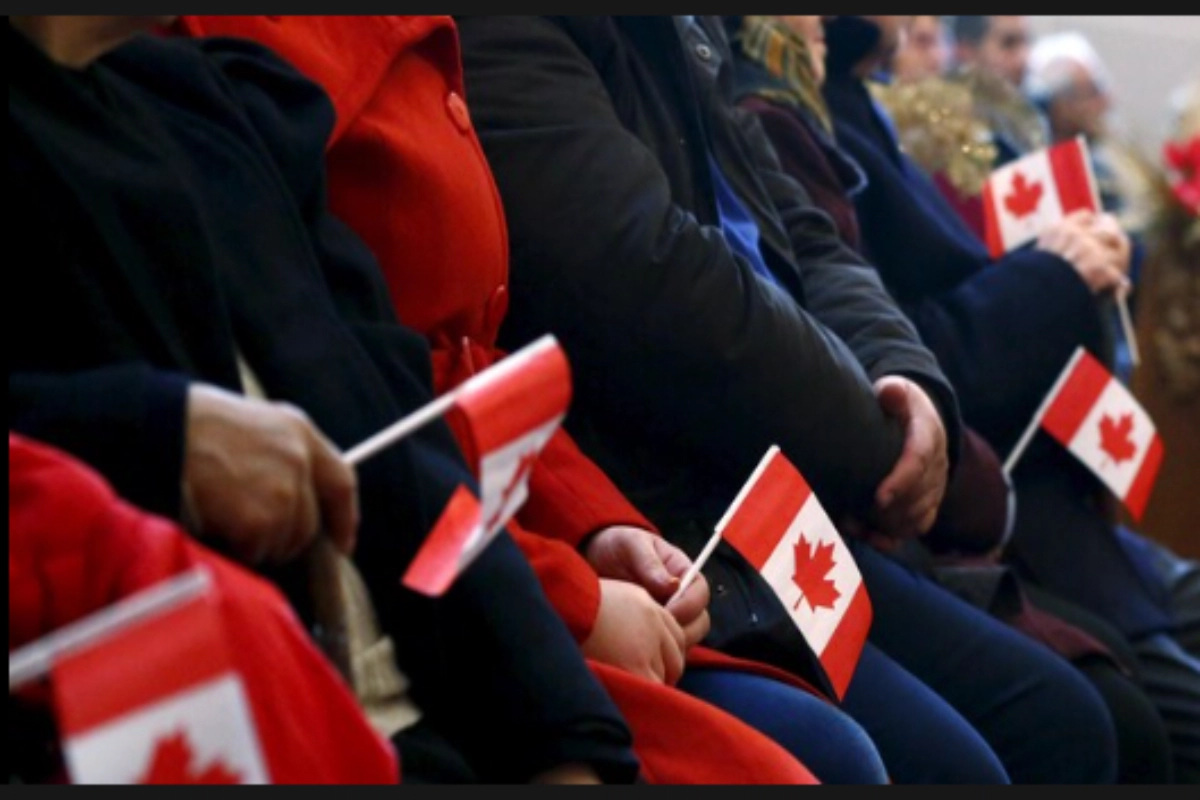India Canada Relations: Drawing a line on record new arrivals amid a growing housing crisis, Canada announced on Monday an immediate two-year ban on international student permits and a hold on certain postgraduate work visas.
A 35% Reduction in Study Permit Approvals
This action is anticipated to result in a 35% decrease in study permit approvals, or around 360,000 fewer permits in 2024. The federal government is under increasing pressure to address concerns that the nation’s housing scarcity is being exacerbated by its aggressive immigration policies.
Immigration Minister Marc Miller stated in a statement, “This is about protecting students, protecting our housing market, and protecting our services.” Although he admitted that private universities “prey on international students with high fees and subpar services,” the major reason for the policy change, he said, was still the reduction of housing pressure.
Indian Students at Crossroads
Indian students, who made up 40% of all international students studying in Canada in 2022, will probably be greatly impacted by the new regulations. Indian students who wish to pursue an education and a road to permanent residency often choose to study in Canada.
The cap is implemented in the midst of mounting worries about how the nation’s housing market would be impacted by rising immigration rates. Two years ago, internal memos made clear that aggressive immigration targets may make home affordability problems worse. The administration had planned to accept 485,000 immigrants in 2024 and half a million in each of the next two years, despite their reservations.
Balancing Growth with Challenges of Housing Shortfall and Mortgage Rates
To promote economic growth, Canada planned to admit 900,000 international students and 500,000 permanent residents by 2023. But the nation also had to deal with a 345,000 housing shortfall and rising mortgage rates, which presented serious difficulties.
The surge in foreign enrollment, mainly from India, has been fueled by the possibility of obtaining permanent residency through the student visa route in addition to the educational prospects. Private universities have grown in popularity since they are frequently easier to get into and can charge up to three times as much for overseas students as they do for domestic students.
Canadian Alliance of Student Associations Challenges New Cap
The cap was opposed by the student advocacy group Canadian Alliance of Student Associations (CASA). More assistance and accommodation for international students is required, according to CASA Director of Advocacy Mateusz Salmassi. “The biggest problem is that… there’s been announced a cap that is a reaction to the housing crisis,” Salmassi stated.
Keep watching our YouTube Channel ‘DNP INDIA’. Also, please subscribe and follow us on FACEBOOK, INSTAGRAM, and TWITTER












